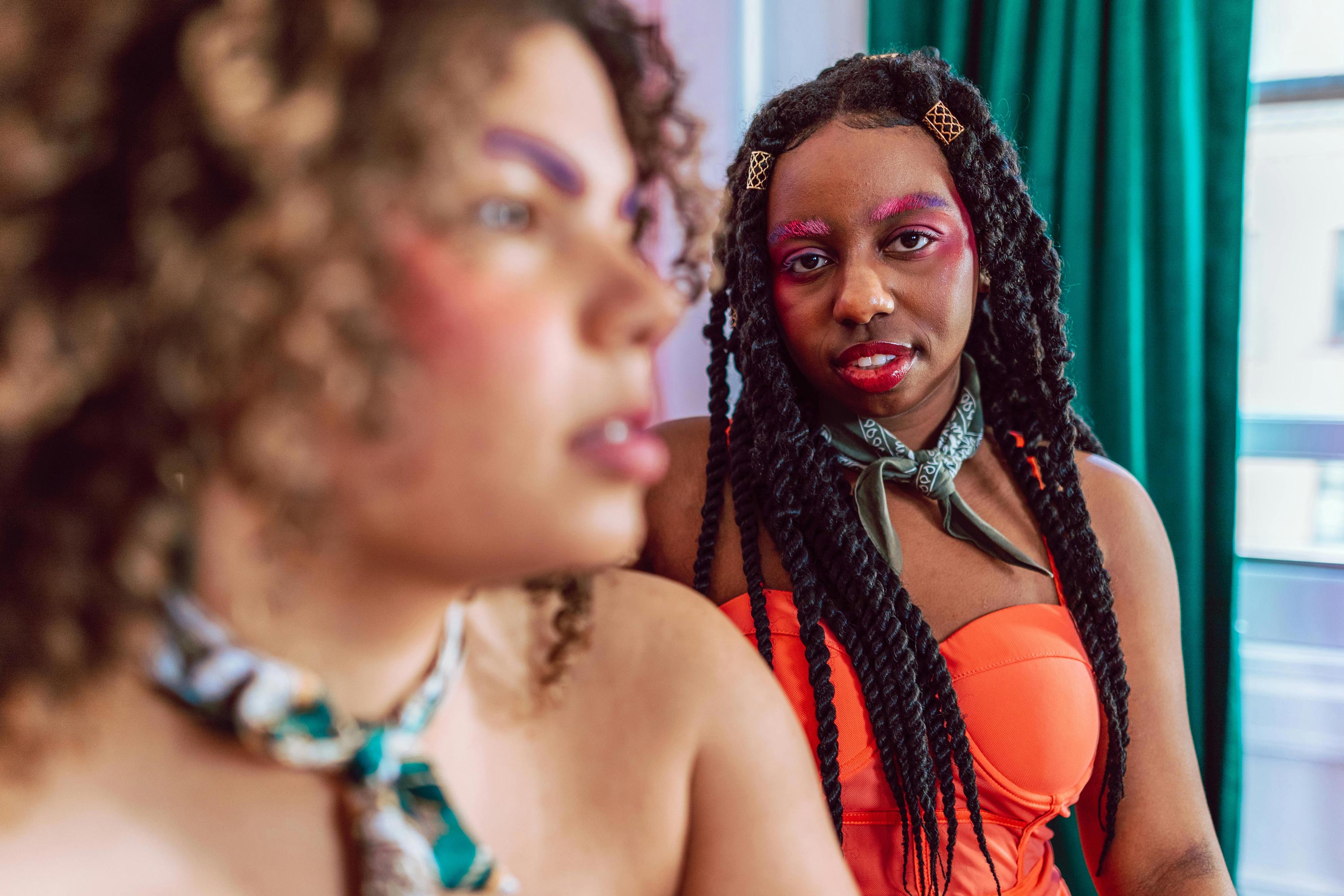TL;DR:
Vegan beauty is no longer a niche. Worth over USD 18 billion in 2023 and projected to reach USD 27 billion by 2030, this market is being driven by consumers who want cosmetics that are kind to animals, sustainable, and transparent. Here’s what vegan beauty really means, how it differs from organic or cruelty-free, and why it matters for the future of beauty.
Why Is Vegan Beauty Growing So Fast?
Vegan cosmetics have shifted from niche to mainstream.
- Market size: USD 18.03 billion in 2023 (Fortune Business Insights).
- Future forecast: USD 27.04 billion by 2030, growing at 5.96% annually.
- Consumer demand: More people want products without animal ingredients, aligning beauty with ethics and sustainability.
It’s more than a passing trend—it’s a change in how we think about beauty, values, and responsibility.

Vegan, Organic, Natural, Cruelty-Free, Halal: What’s the Difference?
The terms in beauty marketing can be confusing. Let’s break them down:
- Vegan: No animal-derived ingredients (no honey, beeswax, collagen, carmine, lanolin, gelatin, etc.). Defined by The Vegan Society as avoiding animal exploitation wherever possible.
- Organic: Made from ingredients grown without synthetic pesticides, fertilizers, or GMOs. Certified by bodies like USDA (USA), ECOCERT, ICEA or CCPB (EU). But organic ≠ vegan: organic beauty products can still use milk, honey, or beeswax (Medical News Today).
- Natural: Made with ingredients from plant, animal, or mineral sources. Unlike “organic,” the word natural is not regulated. Brands can label products “natural” without meeting strict criteria. Natural ≠ vegan either (Greatist, Sophim).
- Cruelty-free: Products not tested on animals. The EU banned animal testing for cosmetics in 2013. But cruelty-free ≠ vegan: a product might avoid testing yet still contain animal ingredients.
- Halal: Complies with Islamic law. No alcohol, no forbidden animal by-products, and strict contamination rules. Halal doesn’t always equal vegan—it may still include permitted animal ingredients (read more about Halal cosmetics in this article).
Knowing these differences helps you choose products that truly align with your ethics and lifestyle.
What Are Some Common Myths About Vegan Beauty?
Let’s clear up some misconceptions:
- “Vegan products don’t work as well.” False. Performance depends on formulation and active ingredients, not animal content. Many plant-based actives are highly effective.
- “There’s no variety.” Outdated. Vegan beauty now covers everything from bold palettes to advanced skincare.
- “Vegan means expensive.” Not always. There are budget-friendly vegan products as well as premium ones.
- “Vegan = cruelty-free.” Not necessarily. Vegan means no animal ingredients; cruelty-free means no animal testing. You need both labels for assurance.
- “Vegan beauty is always gentle.” Not guaranteed. Plant-based ingredients can still trigger sensitivities—always patch test.
- “Short shelf life.” Also a myth. With the right preservatives, vegan products last as long as conventional ones.
Why Vegan Beauty Matters
The rise of vegan beauty reflects a broader shift toward:
- Transparency: Consumers want to know what’s in their products.
- Ethics: Avoiding animal exploitation.
- Sustainability: Plant-based, eco-conscious alternatives that support clean beauty.
- Inclusivity: Products that appeal to a wider audience, regardless of lifestyle or beliefs.
A great example of this shift is Lebubè, an indie Italian brand creating vegan hybrid cosmetics that combine makeup performance with skincare benefits. Their hybrid comsetics are all designed to be vegan, cruelty-free, and sustainable, showing that ethical beauty can also be innovative, effective, and inclusive.
Key Takeaway
Vegan beauty isn’t just another label - it’s part of a global movement toward more ethical, sustainable, and inclusive cosmetics. As the market grows, brands are innovating to deliver products that perform just as well (or better) than traditional options.
Next time you shop, remember: choosing vegan beauty means choosing products that align with your values, your health, and the planet’s future.




